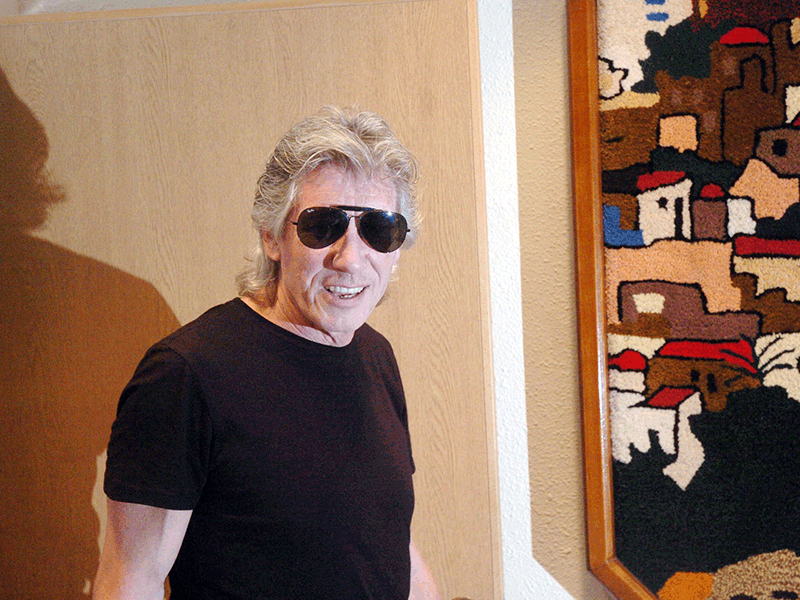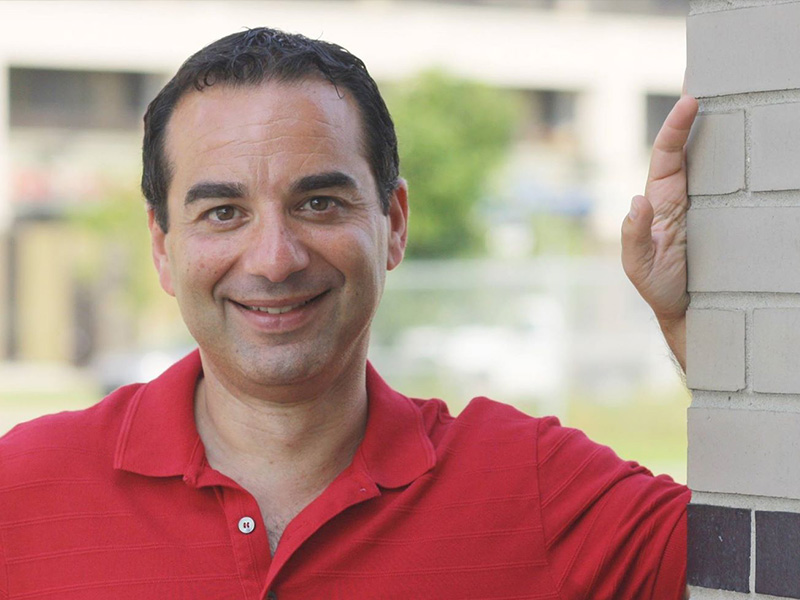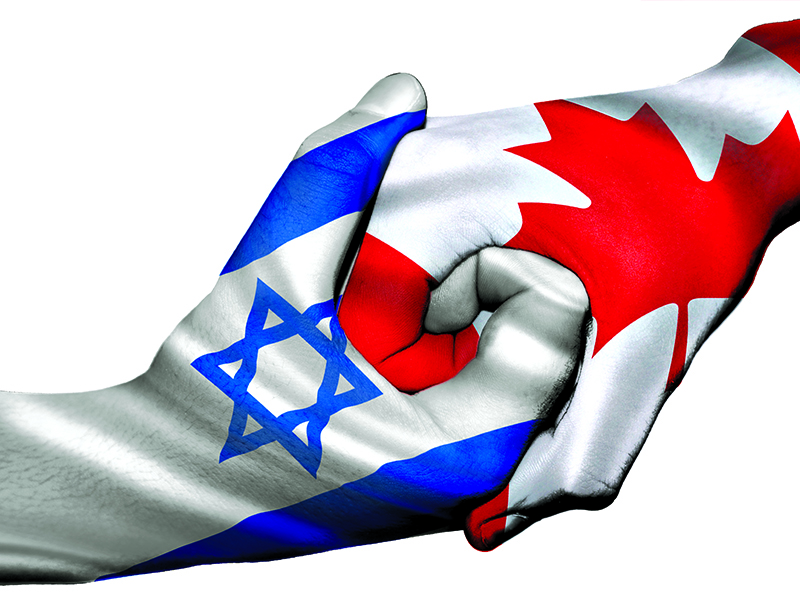An open letter published on June 19 is calling on the NDP to withdraw from the Canada-Israel Interparliamentary Group, but so far, the party shows no signs of caving to the pressure.
There are currently four NDP MPs on the Canada-Israel Interparliamentary Group, which works for “greater friendship and goodwill between parliamentarians of Canada and Israel.” Murray Rankin and Randall Garrison are both on the group’s executive, while Peter Julian and Gord Johns are members. All of the MPs represent ridings in B.C.
Over 200 people signed the letter asking them to withdraw. Well-known Canadian signatories include: author and former NDP candidate Linda McQuaig; Maher Arar, a man who was made famous after the Americans deported him to Syria, where he was tortured, based on faulty Canadian intelligence; Québec Solidaire MNA Amir Khadir; Sid Ryan, the former president of the Ontario Federation of Labour; and Mike Palecek, president of the Canadian Union of Postal Workers.
READ: NDP DISMISS BDS MOTION, REJECT JERUSALEM AS CAPITAL AT CONVENTION
Pink Floyd’s Roger Waters and academic Noam Chomsky topped the list of signatories, which was rounded out by union members, teachers, lawyers, activists and other individuals. Sixteen groups also signed the letter, including Independent Jewish Voices Canada.
“The undersigned are appalled by the recent deaths in Gaza,” the letter begins. “At least 110 Palestinians have been killed and thousands injured by sniper fire and noxious gas used by the Israeli military.”
It then goes on to list other Israeli actions that prompted the letter – “ongoing land theft, destruction of olive groves, construction of Jewish-only roads, imprisonment without due process and a blockade of Gaza” – before comparing Israel to apartheid-era South Africa.

The letter demands that NDP Leader Jagmeet Singh, the four NDP MPs and the party’s parliamentary caucus dissociate themselves from the Canada-Israel Interparliamentary Group.
Author and activist Yves Engler was one of the organizers of the letter. He said that beyond the reasons listed, he was also motivated by what many see the party’s failure to have a full debate about the Israel-Palestine issue.
“There’s frustration with the fact the NDP suppressed what many people thought was a very modest resolution in favour of Palestinian rights at the convention in February,” said Engler.
The NDP believes justice and peace will only be advanced through dialogue with both Israelis and Palestinians.
– Hélène Laverdière
The resolution in question called for the NDP to alter its policy on pursuing peace in the Middle East by “banning settlement products from Canadian markets,” and “opposing parliamentary efforts to undermine nonviolent movements seeking a just resolution,” which is ostensibly a reference to the BDS movement.
The resolution did not end up being discussed at the convention, as the party voted not to prioritize it by a vote of 200 to 189.
Hélène Laverdière, the NDP’s foreign affairs critic, said that the party currently has no intention of withdrawing from the interparliamentary group.

“Members of Parliament from our caucus are members of both the Canada-Israel Interparliamentary Group and the Canada-Palestine Parliamentary Friendship Group,” said Laverdière in a statement.
“The NDP believes justice and peace will only be advanced through dialogue with both Israelis and Palestinians.”
Rankin echoed those sentiments, telling the Huffington Post that, “As a New Democrat, I am committed to advancing peace and justice, and a two-state solution, which can only be achieved through open dialogue with Israelis and Palestinians.”
If you’re neutral between the oppressor and the oppressed, you’ve taken the side of the oppressor.
– Yves Engler
Engler takes exception to that explanation for a couple of reasons.
“If you’re neutral between the oppressor and the oppressed, you’ve taken the side of the oppressor,” he said, paraphrasing a quote by South African cleric and Nobel Peace Prize winner Desmond Tutu.
Engler also pointed out that the Canada-Israel group is significantly older and larger than its Canada-Palestine counterpart, and that the Israel group receives public funding, whereas the Palestine group does not.
“Then you get into the question of dialogue,” he said. “The fundamentals of the Palestinian-Israeli conflict are not complicated. It’s not a question of figuring out the problem. The problem is one side has repeatedly waged violence on the other side and has stolen the other side’s land.”
Engler suspects that Rankin and Garrison will withdraw from the interparliamentary group, if their constituents put enough pressure on them.
Toronto-area Liberal MP Michael Levitt, who chairs the Canada-Israel group, declined to comment directly on the criticisms made in the letter, but was very supportive of Rankin and Garrison and the work they do for the group.

“The notion that NDP colleagues should be constrained from a group that has a goal of dialogue … is absolutely counterproductive,” he said, calling the MPs “two mensches.”
Levitt also pointed out that since he was first elected to chair the group a few years ago, he has made a point of bringing in MPs from across party lines. He explained how the group allows Canadian parliamentarians to strengthen ties with their Israeli counterparts. For example, they have hosted members of the Knesset in the past and some members of the group will be visiting Israel on reciprocal trip in the near future.

